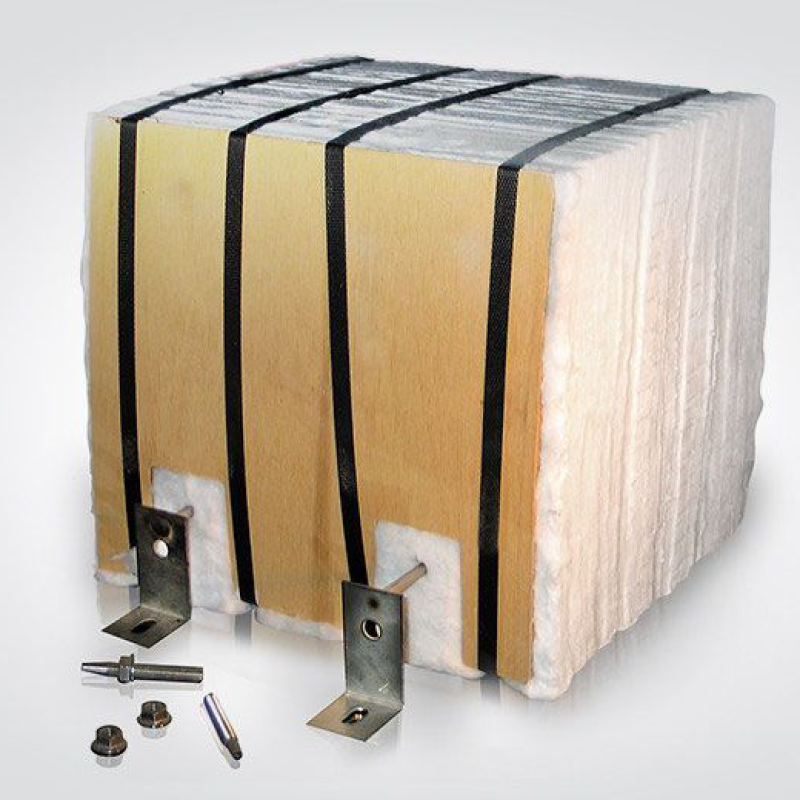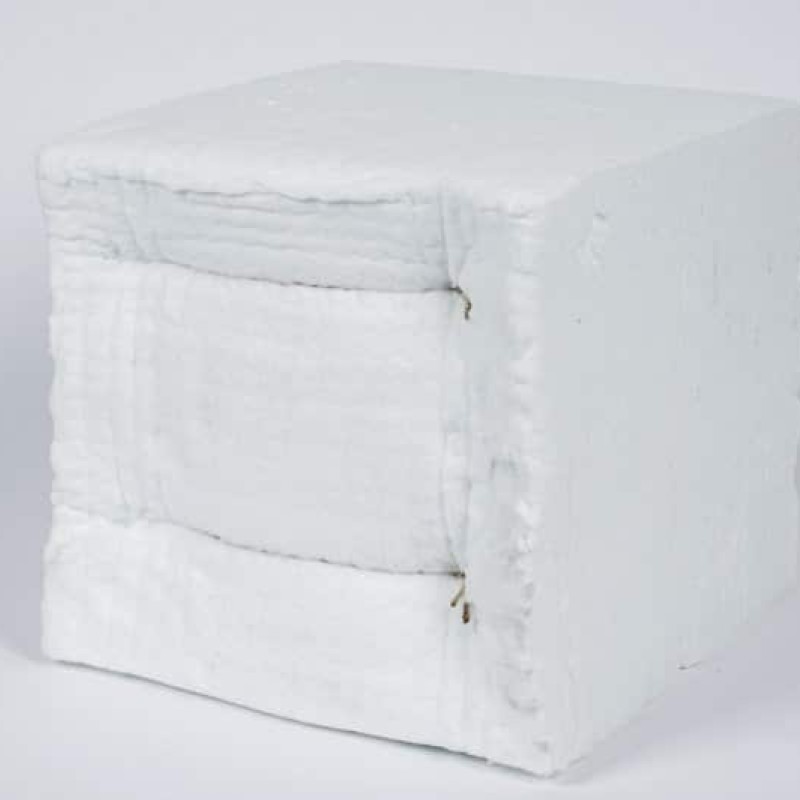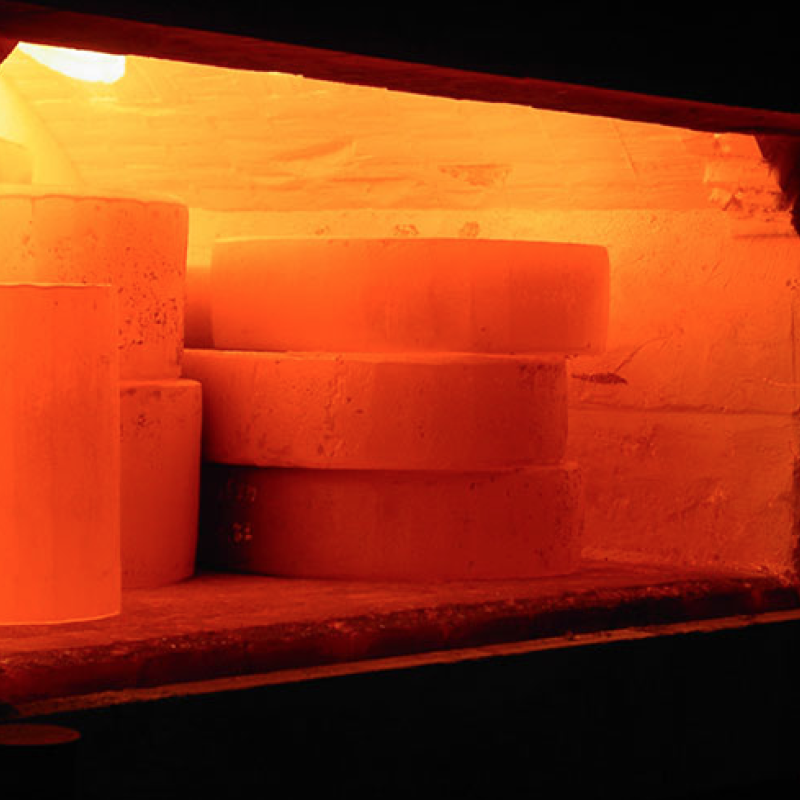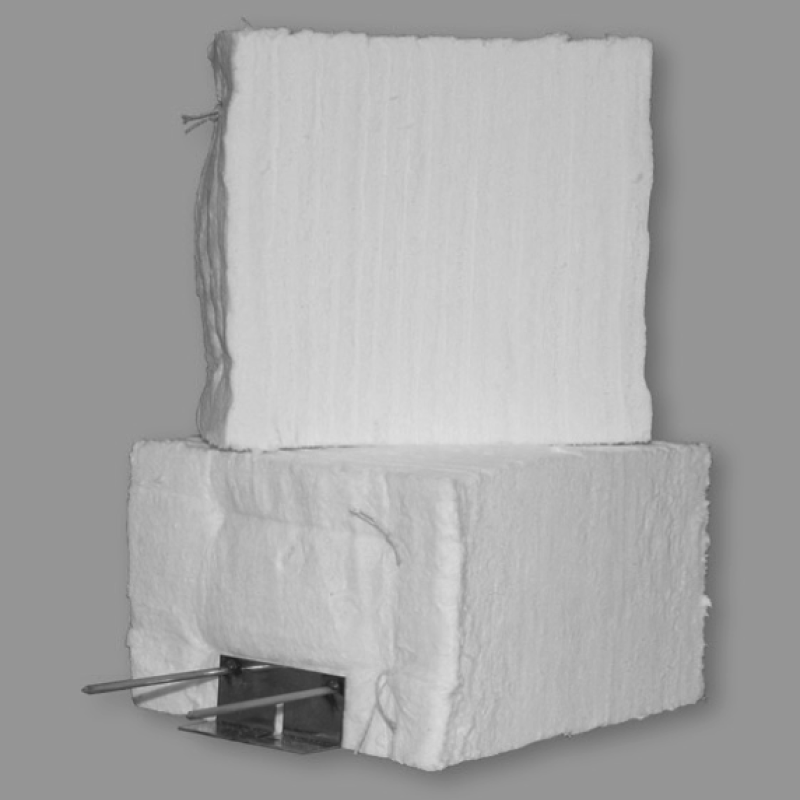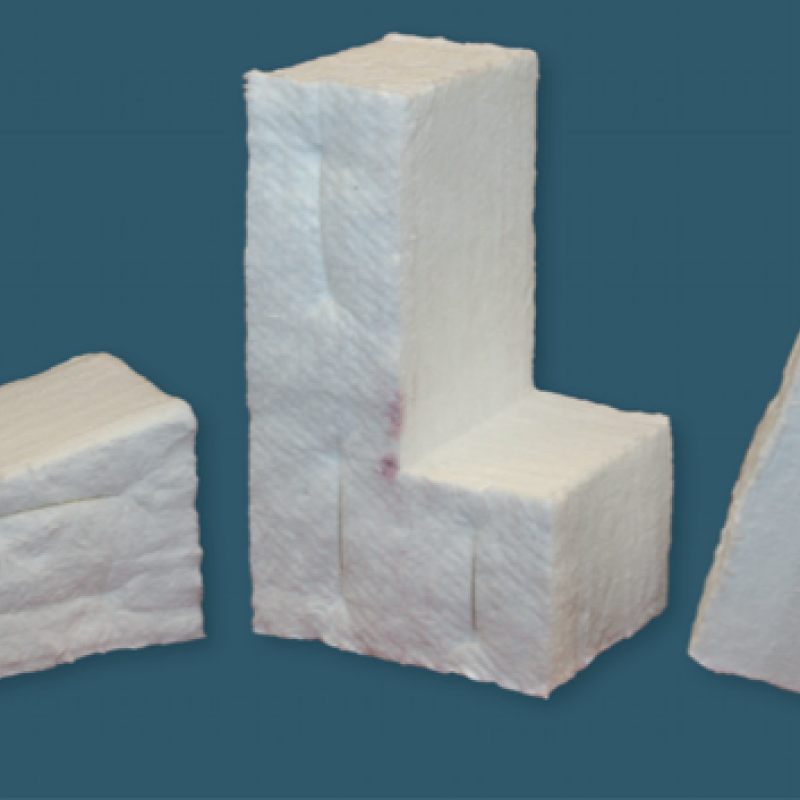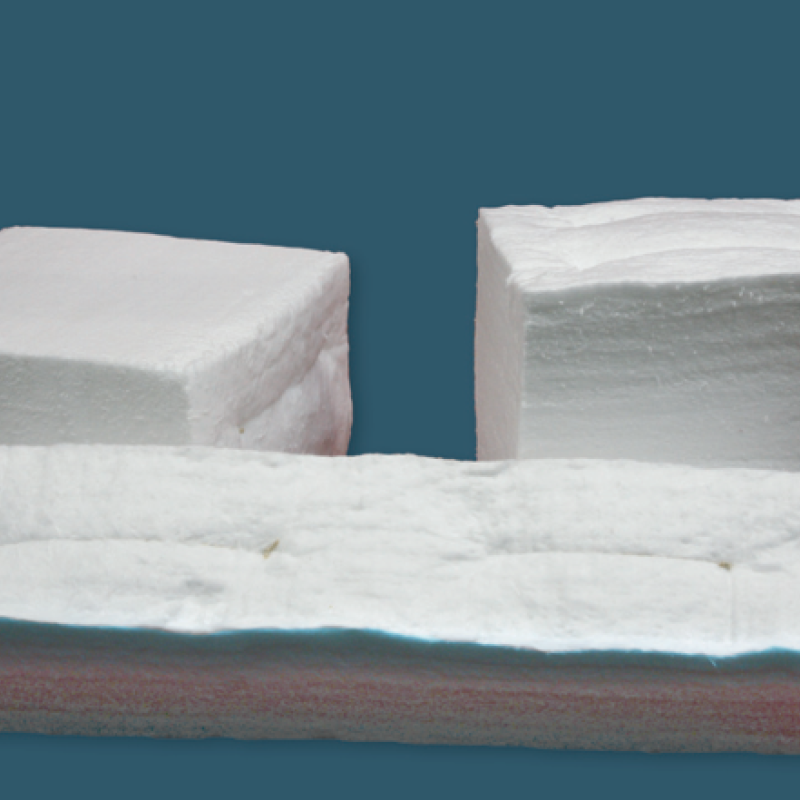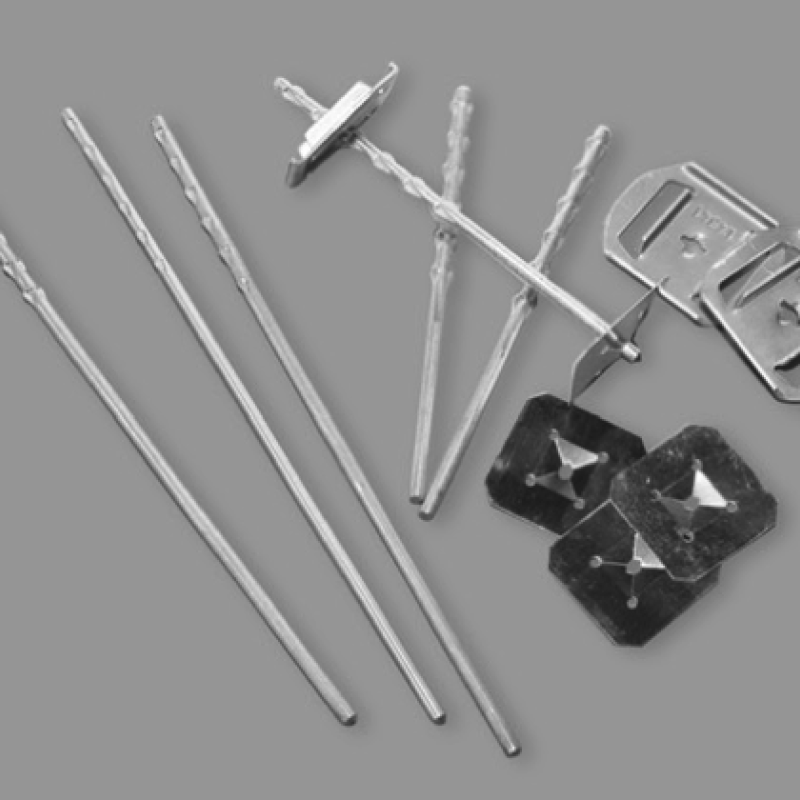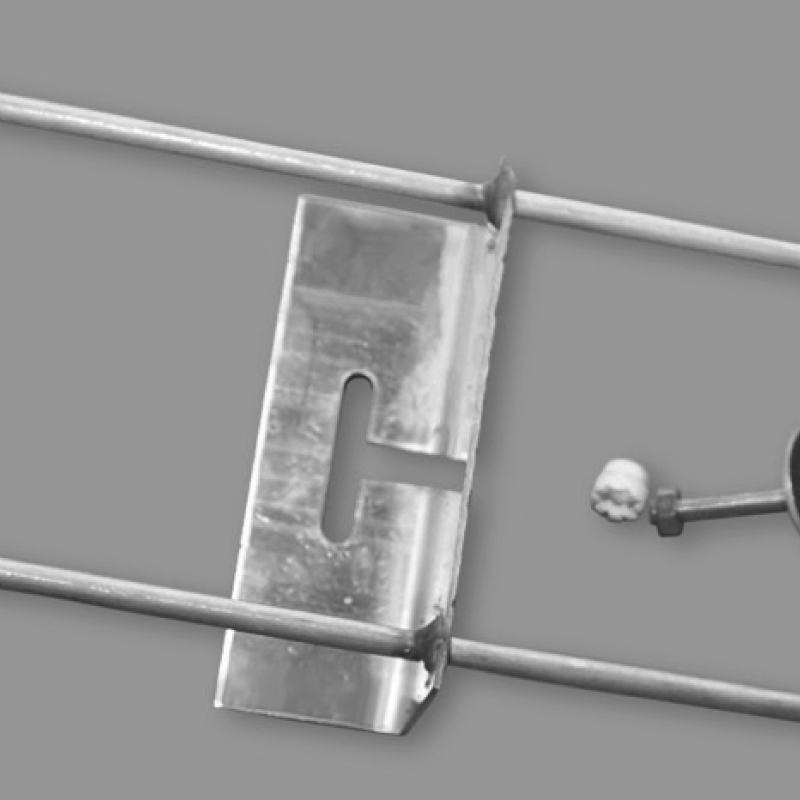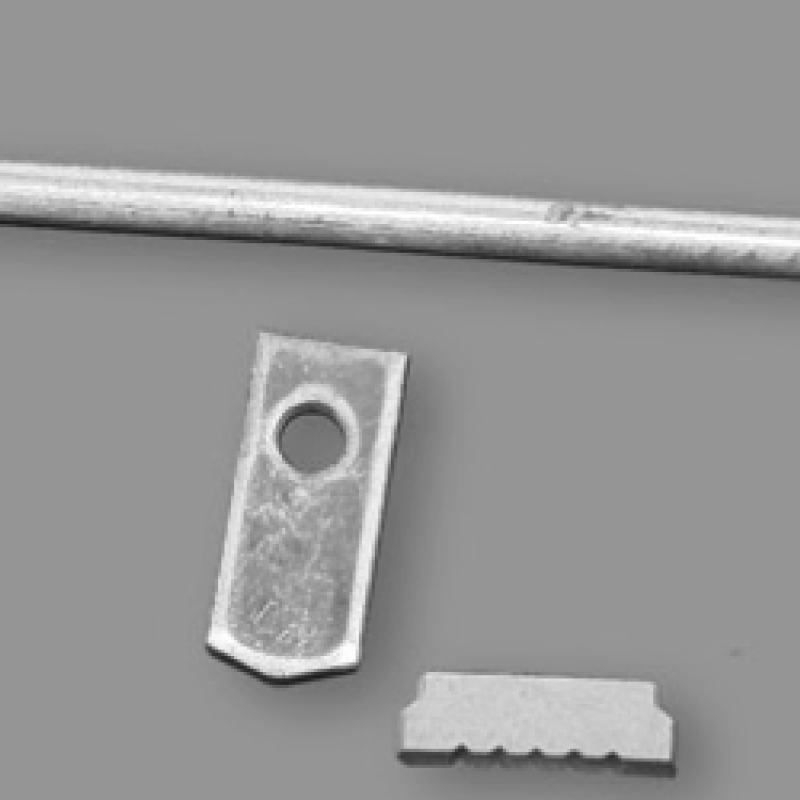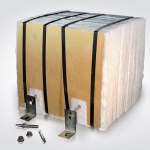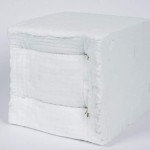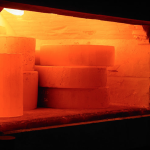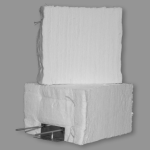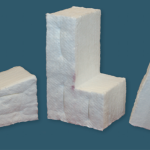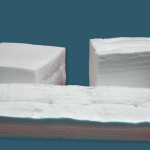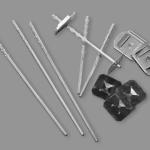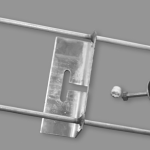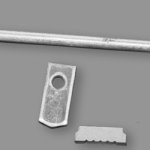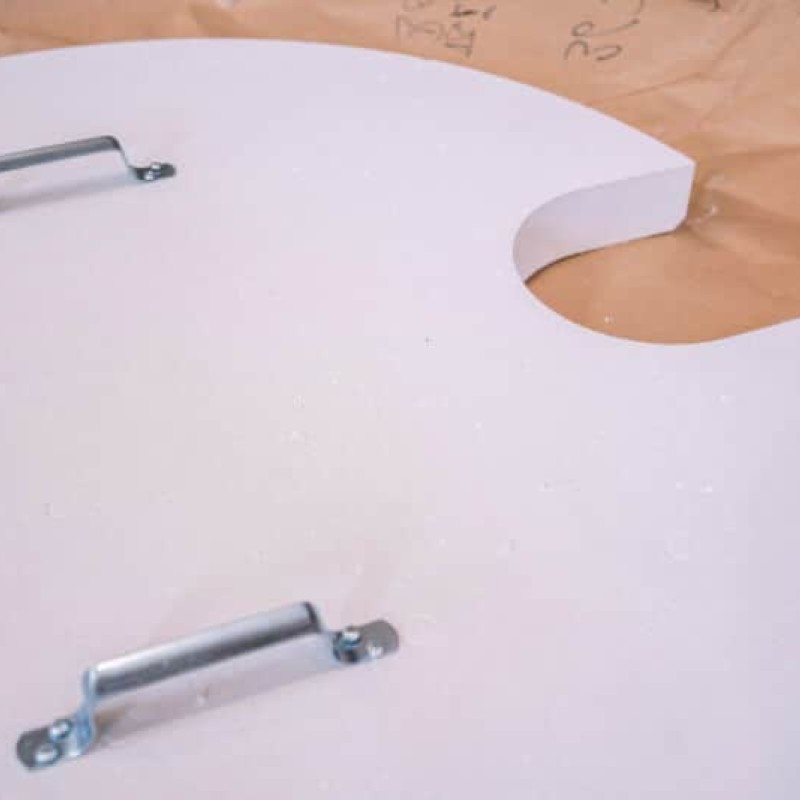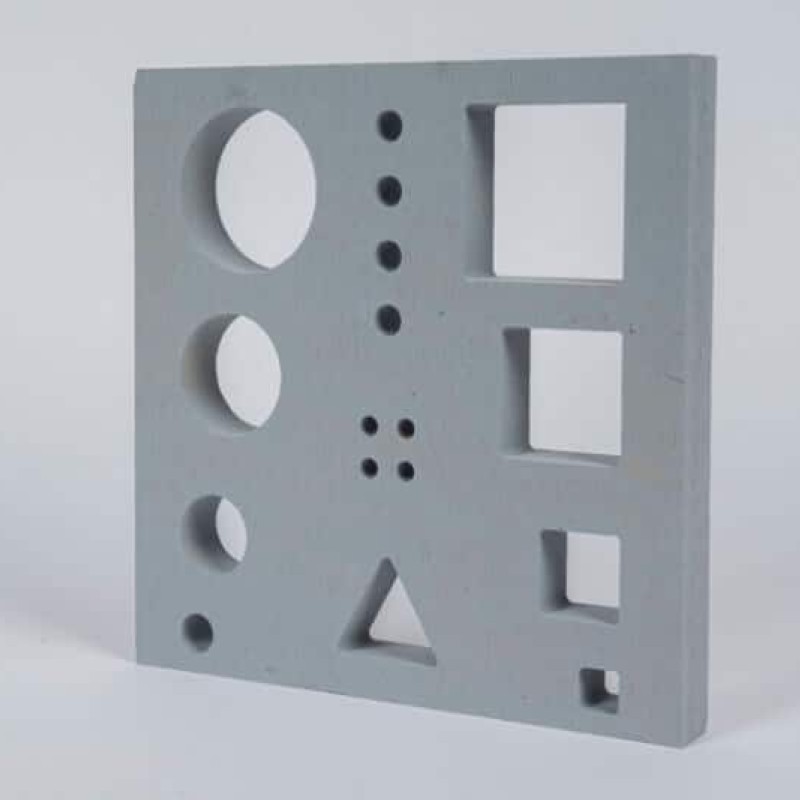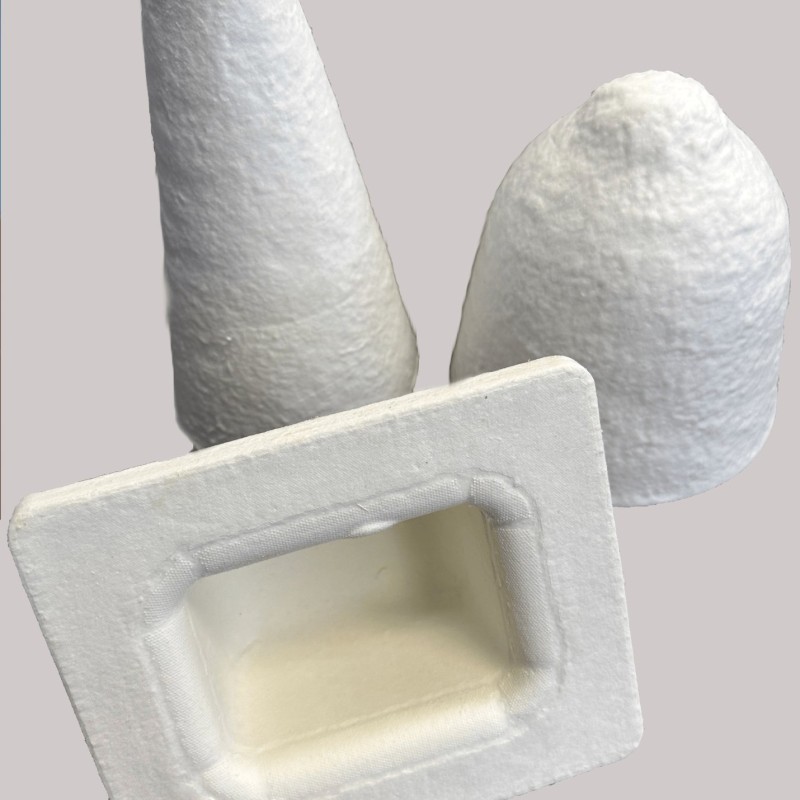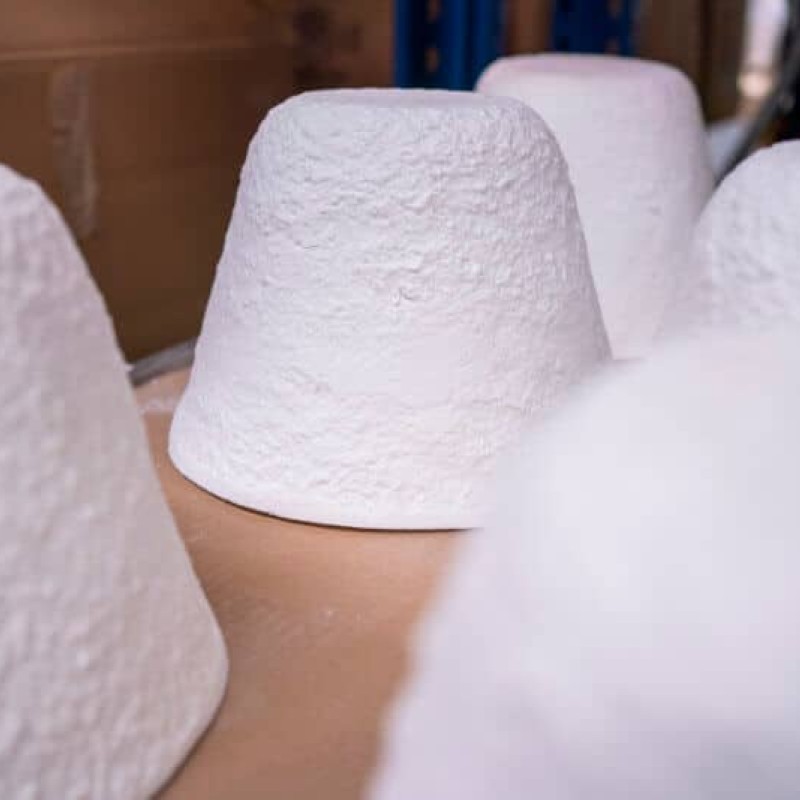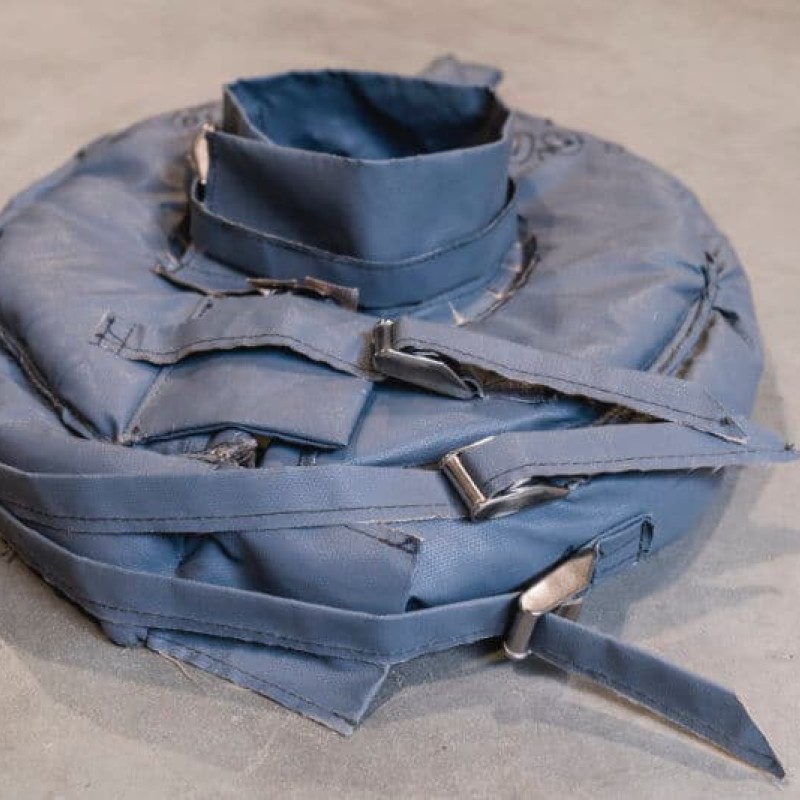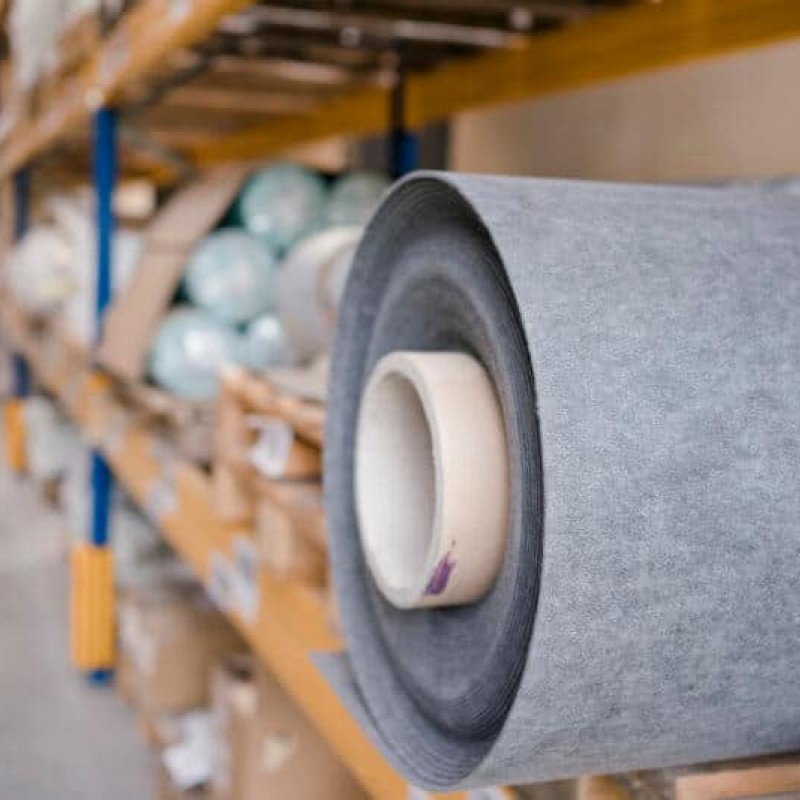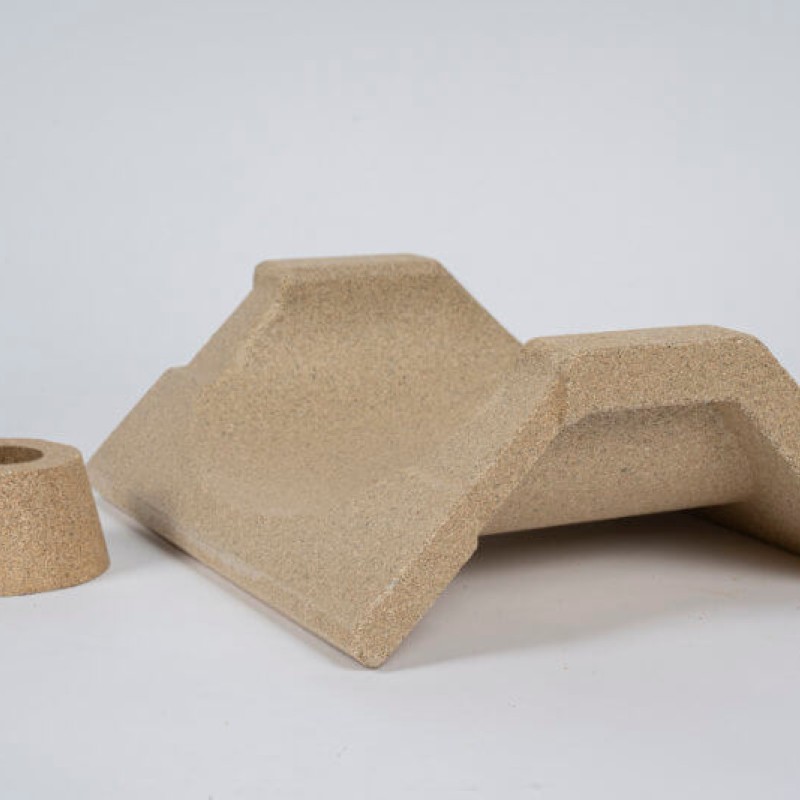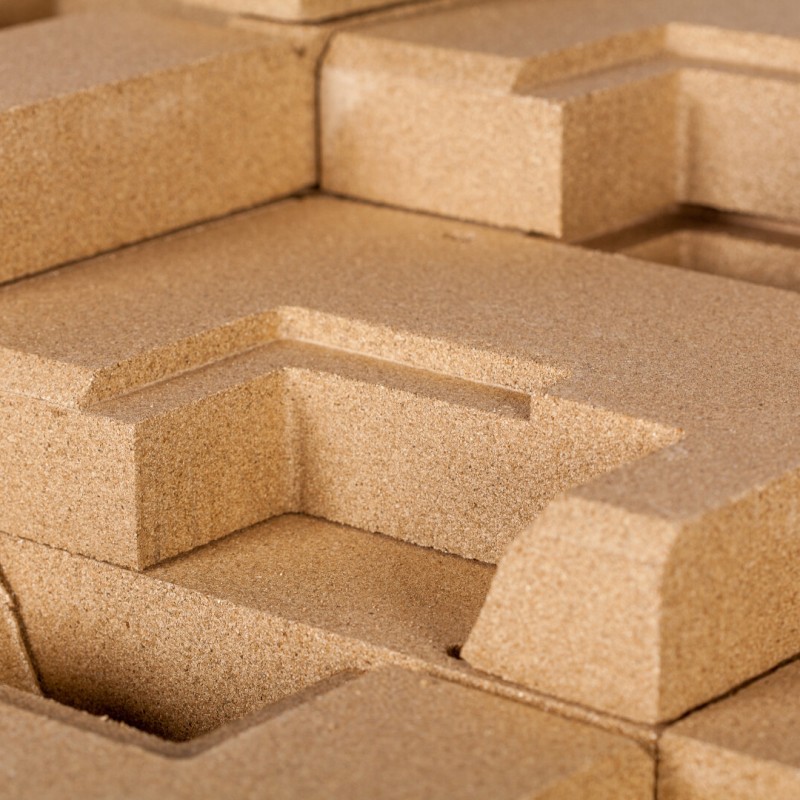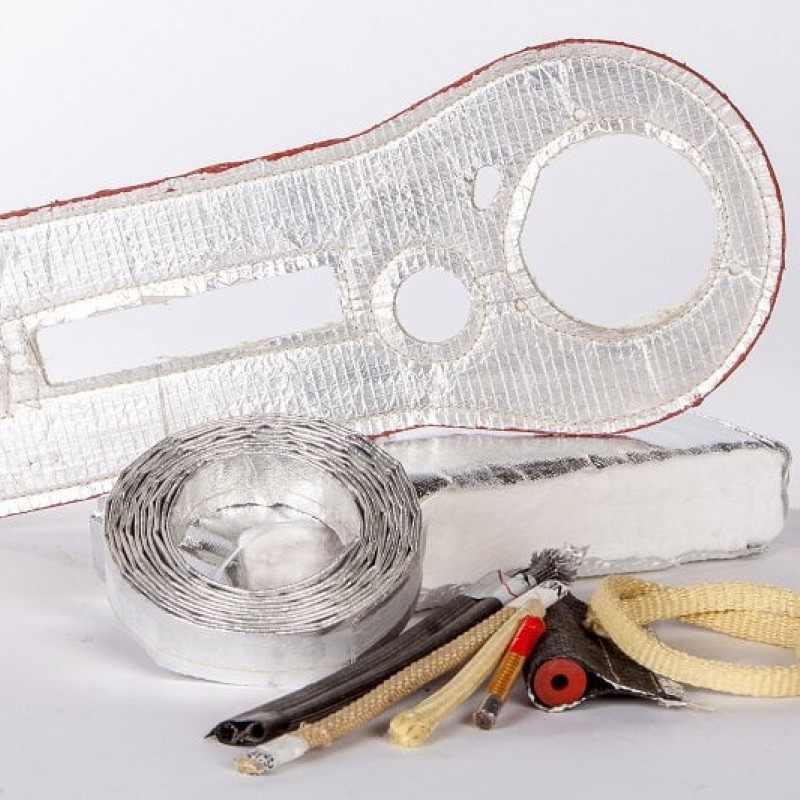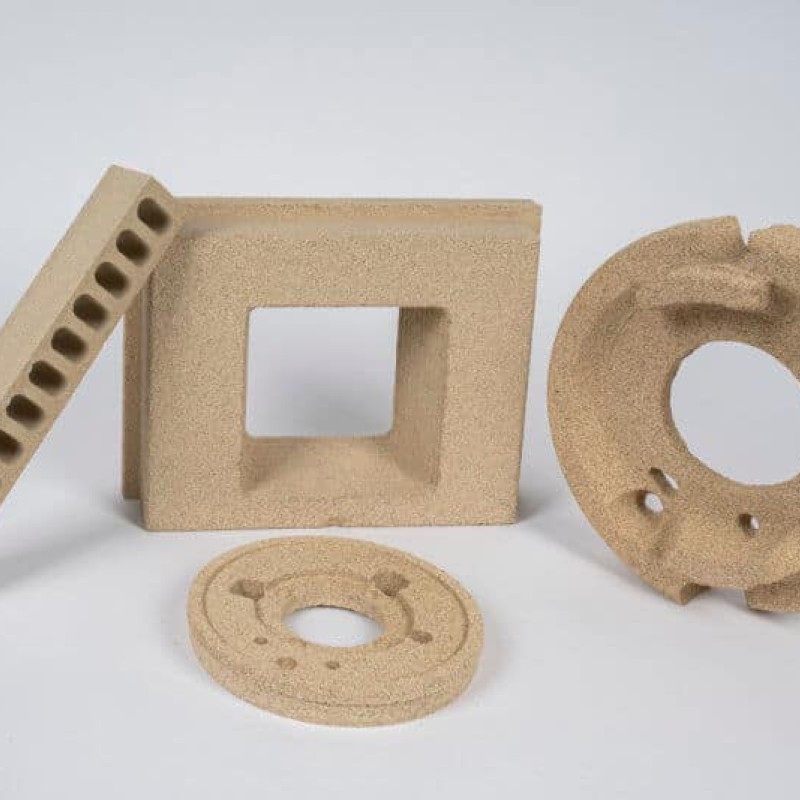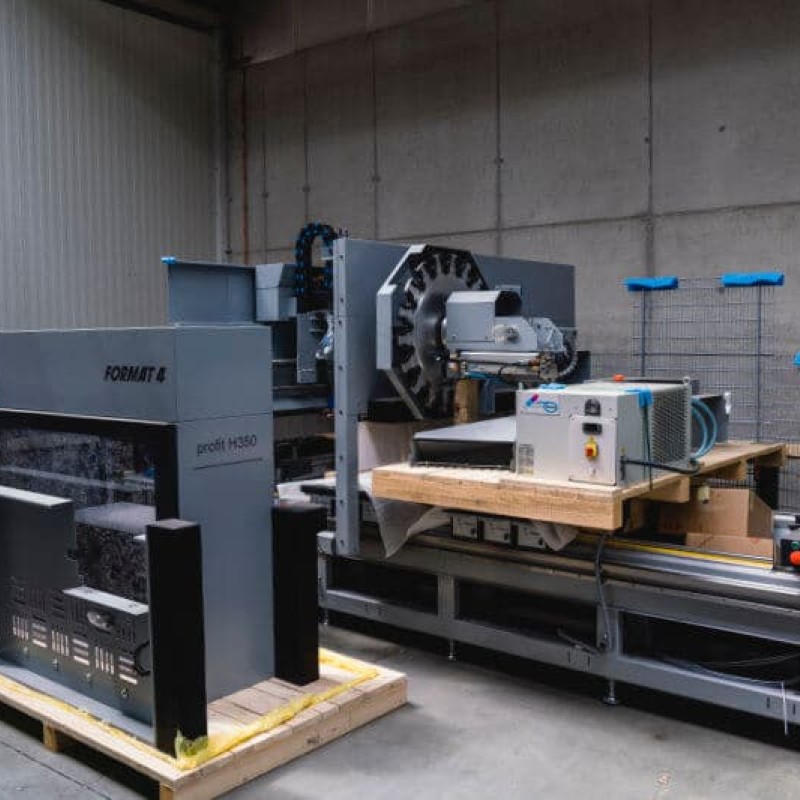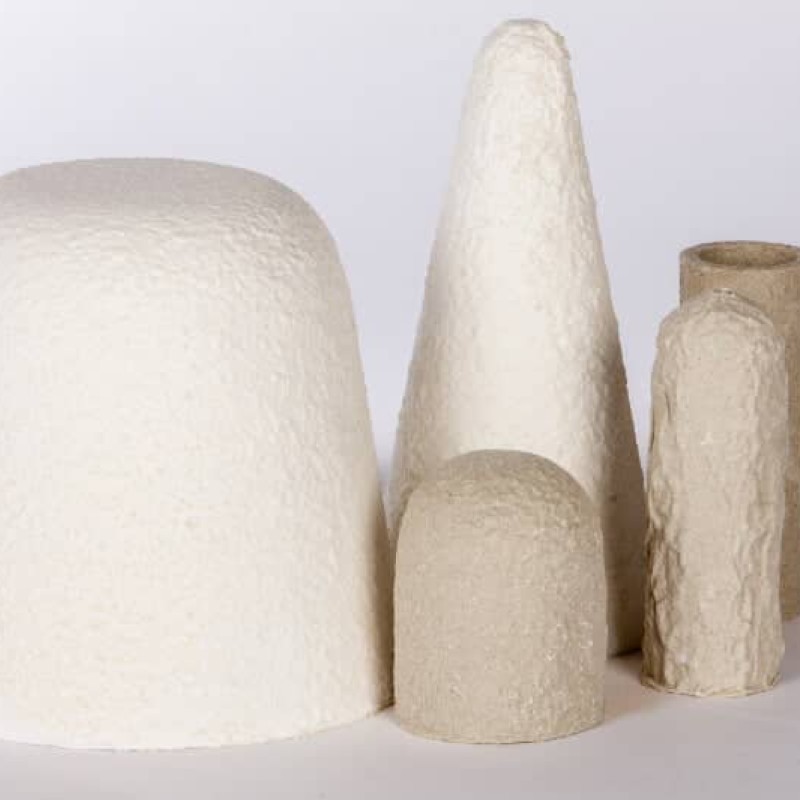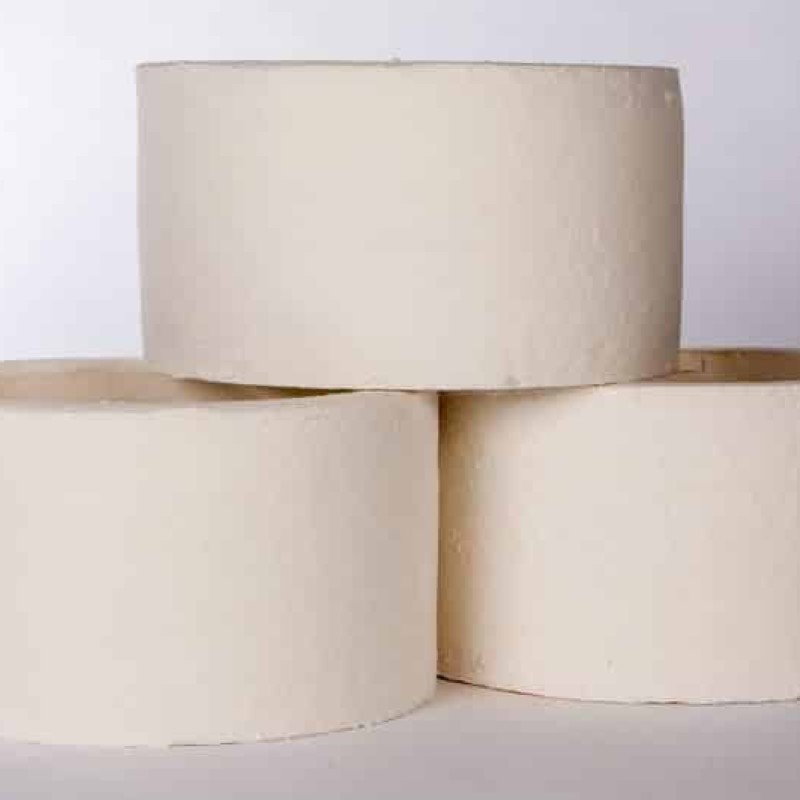Fiber mats modules
Our fiber modules are based on insulating high-temperature resistant fiber mats and are used in a wide range of applications for process optimization, component protection or energy saving.
- MATERIAL VARIATIONS
- Biosoluble (AES) fibre | Ceramic (ASW/RCF) fiber | Polycrystalline fiber
-
Temperature resistance
Application temperatures up to 1300°C, depending on the applied fibre mat.
Various materials
Made of biosoluble, ceramic or polycrystalline Fasser mats.
Process optimization
For process optimization, component protection, energy saving.
CHARACTERISTICS
Our fiber modules are based on insulating high-temperature resistant high temperature wools and are used in a wide variety of applications for process optimization, component protection or energy saving. Depending on the application, we can use different materials:
- Biosoluble (AES) fibers (Insulfrax S ® / Insulfrax LT ®, Isofrax ®, Superwool + ®, Superwool HT ®, Superwool Prime ®, etc.)
- Ceramic (ASW/RCF) fibers (Fiberfrax Durablanket S ® / Fiberfrax Durablanket Z ®, etc.)
- Polycrystalline (PCW) fibers (Saffil ®)
Benefits
- High temperature resistance
- Application temperatures up to 1300°C
- Made of biosoluble, ceramic or polycrystalline fibre mats
- Insulating
- Most diverse applications
- Process optimization
- Component protection
- Energy saving
- Fastening systems such as comb anchors, etc. also available
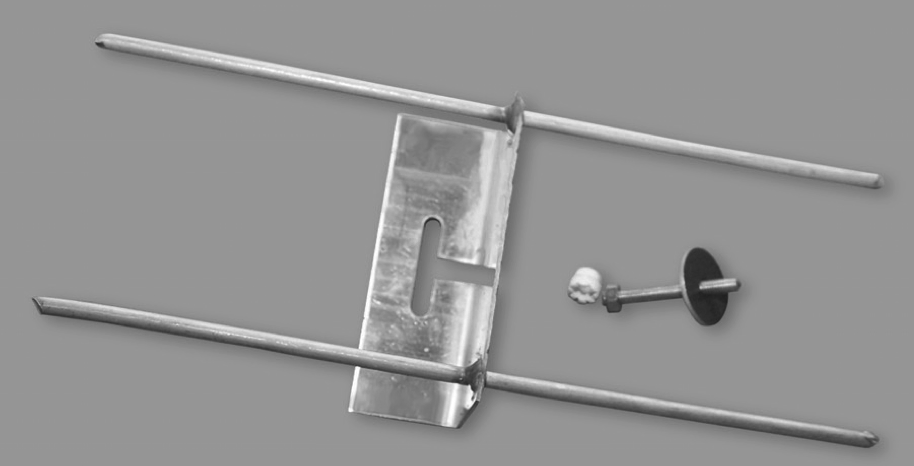
Fixing systems
Of course, we can also supply the appropriate fixing systems such as comb anchors, etc.
-
Downloads
KS Technologie product catalog
Refractory | Seals | Foundry supplies | Conveyor chains | Chesterton
-
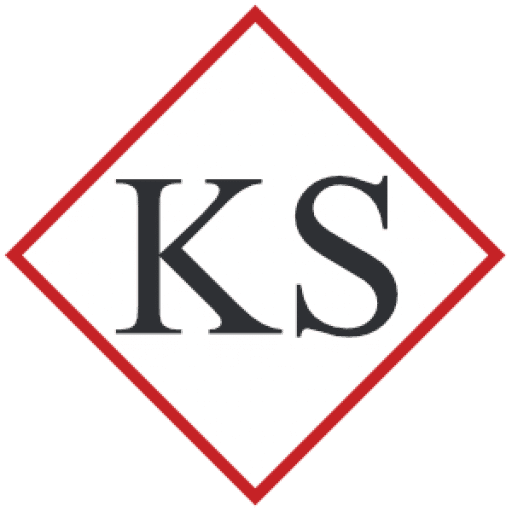
KS Kneissl & Senn Technologie
KS Kneissl & Senn Technologie GmbH has been producing insulation materials and seals for a wide variety of applications up to a temperature range of 1600 ° C since 2001. A diverse machine park (CNC 5-axis milling, plotting, punching, sewing, water jets, vacuum forming, etc.) enables us to do a variety of things Materials in shape for you bring to. The main materials include materials such as: glass fibers, Aramid fibers, mineral fibers, Biosoluble fibers, Ceramic fibers, silicate fibers, Vermiculite, Calcium silicate, Microporous materials, Rubber Material (Rubber, silicone, Silicone sponge, etc.), etc.
Seit 2009 ist der Betrieb nach der ISO9001 zertifiziert, aktuell lt. Normenrevision 2015.
